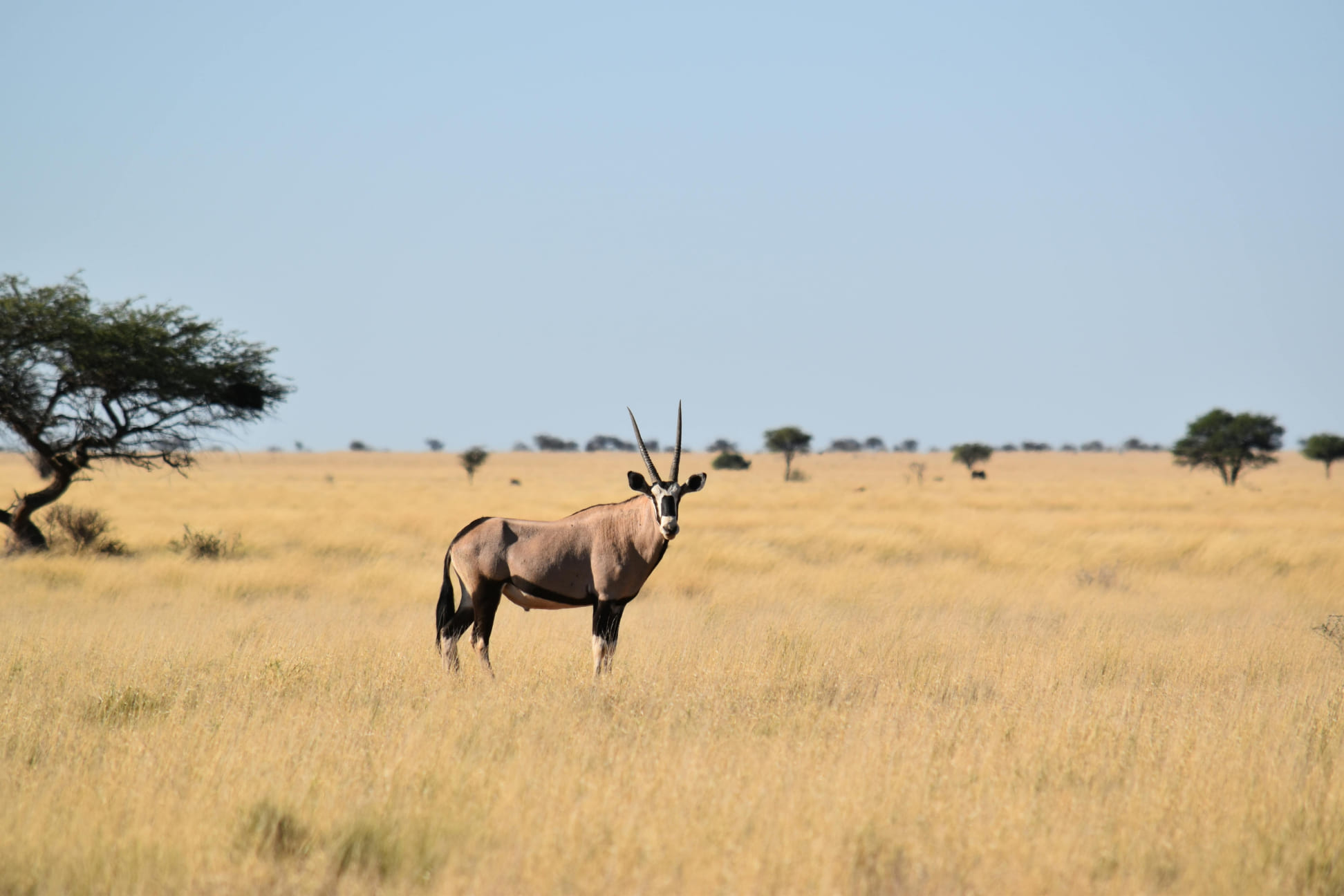
Biodiversity is essential for the health of our planet, and zoos play a crucial role in preserving it. Due to deforestation, urban expansion, and climate change, many species are facing extinction. Zoos provide a sanctuary where these endangered species can live and breed safely. Through carefully managed breeding programs, zoos help maintain genetic diversity, which is vital for species' resilience to disease and environmental changes. Animals such as the Amur tiger and the black rhinoceros, whose populations are dwindling in the wild, are given a second chance at survival in zoos.
Furthermore, zoos often partner with conservation organizations to restore ecosystems. By supporting habitat restoration projects and wildlife corridors, zoos contribute to the preservation of entire ecosystems. Their work extends beyond the animals within their walls, as they fund conservation efforts in natural habitats worldwide. This dual focus on in-situ (natural habitat) and ex-situ (zoo-based) conservation makes zoos integral to biodiversity protection, ensuring that ecosystems continue to support both animal life and human needs.